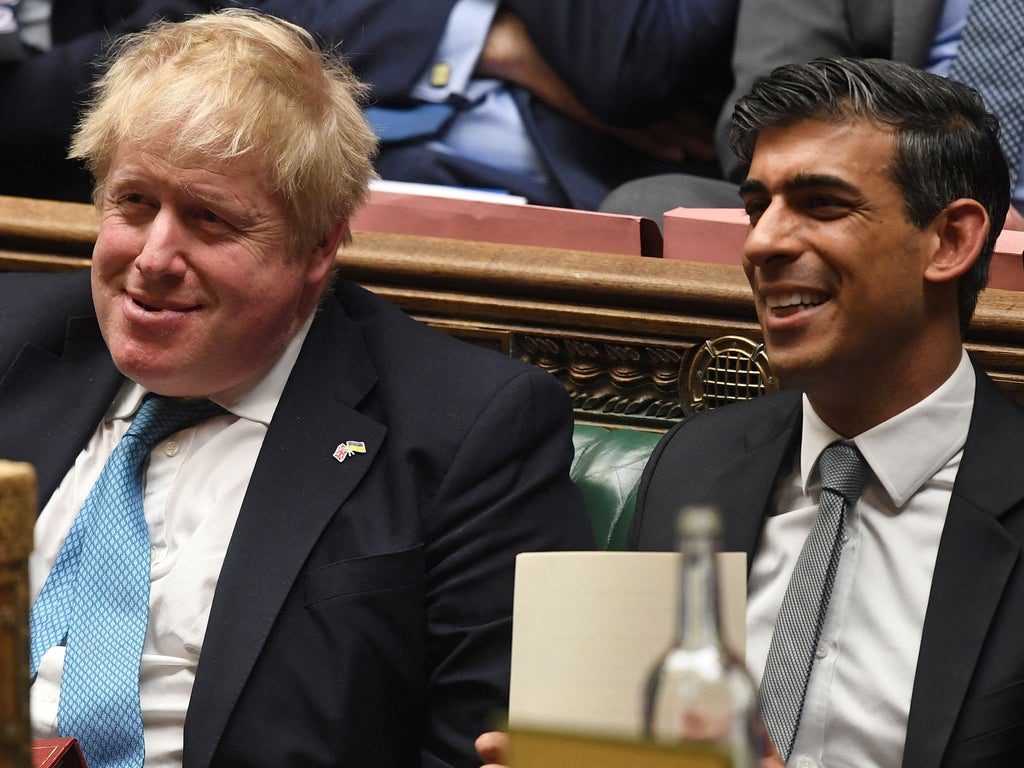
Conservative MPs have ridden to the rescue of Britain's lawbreaking prime minister – with some declaring that they cannot ditch Boris Johnson because of the war in Ukraine.
The government-supporting Daily Mail newspaper carried the front page headline "Don't they know there's a war on" below a list of unverifiable excuses for Mr Johnson's Downing Street birthday party.
But changing prime minister during a war or international crisis is not unusual... in fact, it is rather than norm throughout history.
The UK is also course not directly involved in the war between Russia and Ukraine, but here is a list of major wars where Britain was involved, and also changed prime minister.
The War of Spanish Succession (1701 - 1714)

The post of prime minister did not exist during the war of Spanish succession, but then neither did the United Kingdom – at least at first. The act of union between England and Scotland was signed in 1707, creating the United Kingdom right in the middle of the major European conflict.,
The War of Jenkin's Ear (1739 - 1748)

Britain's first prime minister, Robert Walpole, was ousted by parliament during the War of Jenkin's Ear, a largely naval conflict between Britain and Spain in the Caribbean and Central America in which the UK lost 50,000 men and over 400 ships. Walpole resigned in 1742 after losing a vote in the House of Commons about the validity of a by-election in Chippenham, though anger over a loss at the Battle of Cartagena de Indias also contributed. Walpole's successor Spencer Compton lasted only a year in the role before dying, meaning he was also replaced during the same war.
Seven Years' War (1756 - 1763)
The Seven Years' War – in which Britain and France fought each other across the globe for imperial supremacy – saw four changes of prime minister. Henry Pelham, Thomas Pelham-Holler (twice), and William Cavendish all saw their premierships end during the war – it ended with John Stuart in charge.
Pontiac's War (1763 - 1766)
But not for long! John Stuart was ousted on 8 April 1763, just before Native American communities in the Great Lakes region attacked British forts in an effort to drive out soldiers and settlers. Around 400 troops were lost and 4,000 civilians displaced, the new prime minister George Grenville, was himself ousted before the end of that war, in 1765.
First Anglo-Mysore War (1766 – 1769)
Britain nearly lost control of Madras during the first Anglo-Mysore War, when the Kingdom of Mysore tried to reconquer territory held by the British East India Company. Despite the situation, William Pitt the Elder was resigned as prime minister in 1768 on grounds of poor health, leaving the Duke of Grafton in charge.
The American Revolutionary War (1775 - 83)

During the American Revolutionary War Britain also simultaneously fought the Anglo-French War, the Anglo-Spanish War, and the fourth Anglo-Dutch war. But this did not stop it changing prime minister repeatedly: Lord North began the war as prime minister but was ousted in March 1782; he was succeeded by the Marquess of Rockingham who lasted 92 days, to be replaced by the Earl of Shelburne. Shelburne did not out last the war either and was replaced by William Cavendish-Bentinck.
French Revolutionary Wars (1793 – 1802)

The French Revolutionary Wars, which turned into the Napoleonic Wars, saw a change of prime minister from William Pitt the Younger in 1801 to Henry Addington. Pitt resigned because George III was at odds with him over Catholic emancipation.
Anglo-Spanish War (1796 – 1808)
The Anglo-Spanish wars saw numerous changes of prime minister: Pitt in 1896 gave way to Willian Grenville, and then Grenville to William Cavendish-Bentinck, the Duke of Portland.
Peninsular War (1807 – 1814)
The Peninsular War, in which Britain fought against France, saw 35,630 British troops dead over and a further 32,000 wounded. But this did not stop the Duke of Portland's rule giving way to that of Spencer Percival, who in turn in 1812 was assassinated and replaced by Lord Liverpool.
First Anglo-Afghan War (1839 - 1842)
As Britain lost thousands of troops in Afghanistan, the Viscount Melbourne's government suffered a no-confidnce vote, leading to his resignation in August 1841 and replacement by Sir Robert Peel.
Crimean War (1853 – 1856)

40,000 British troops died in the Crimean War against Russia - but this did not stop a change of prime minister. In January 1855 Lord Aberdeen was replaced as PM by Viscount Palmerston after parliament voted to set up a select committee to look into the conduct of the war, which Aberdeen took as a vote of no confidence in his administration.
Indian Rebellion (1857 – 58)
The uprising of Indian sepoys against company rule led to the confiscation of the British East India Company's land by the Crown and was a major change. Britain of course changed prime minister during this war, with Lord Palmerston being replaced by Lord Derby in February 1858. The trigger for his resignation was unrelated to the war: losing a vote on a bill that would have made "conspiracy to murder" a felony rather than a minor misdemeanour.
Second Anglo-Afghan War (1878 - 1880)
Britain again invaded Afghanistan in the late 1870s, but changed prime minister before the war was over. Benjamin Disraeli left office in April 1880 before the end of the war's second campaign. His Conservatives were defeated by William Gladstone's liberals at a general election.
First World War (1914 - 1918)
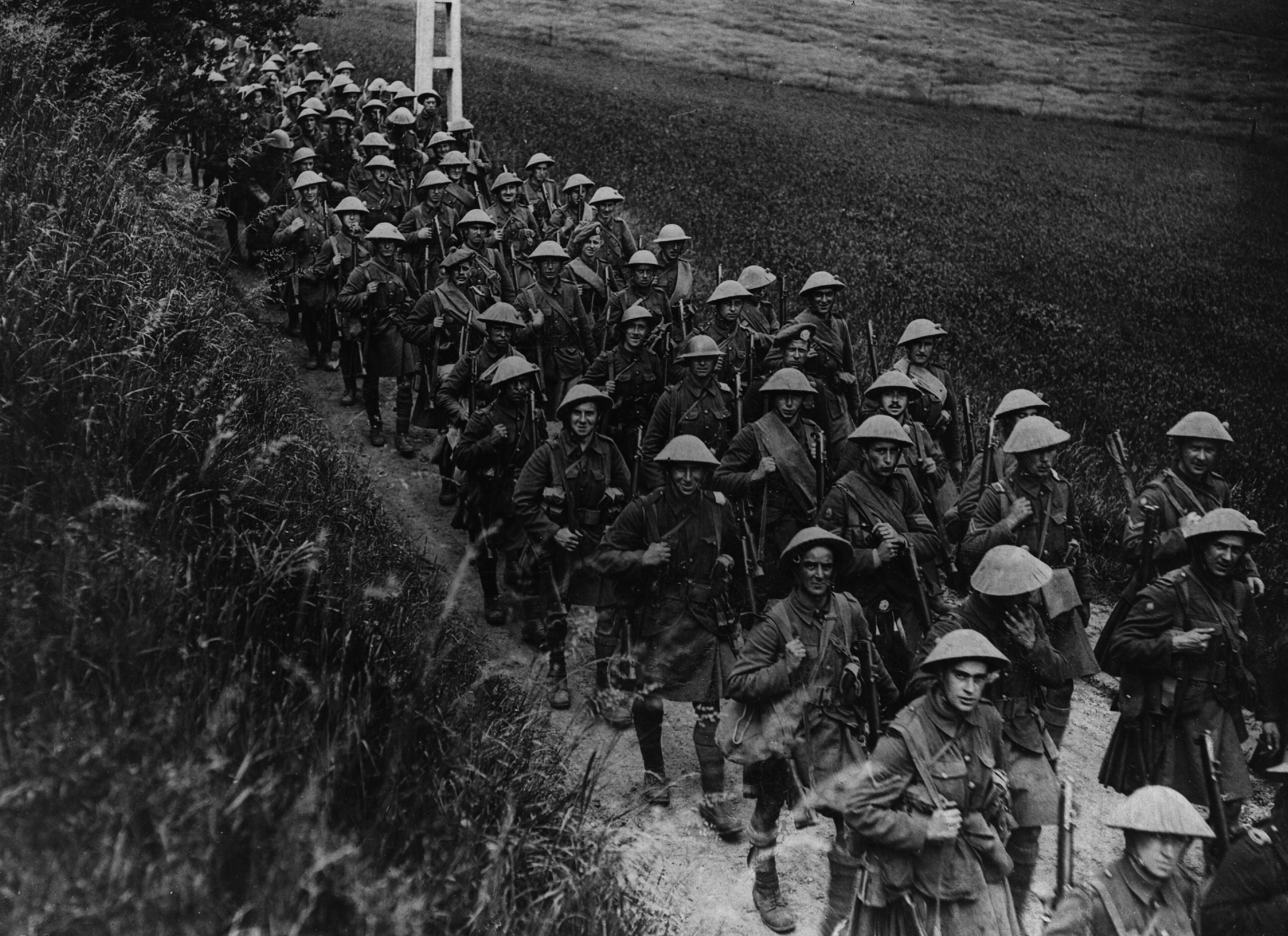
Two years into the First World War the Liberals decided a change of prime minister was in order, ditching Herbert Asquith, whose indecision over strategy, conscription, and financing and led to fading confidence in his leadership. and Asquith was replaced by David Lloyd George, who saw out the rest of the war and governed with the support of some Conservatives.
Second World War (1939 - 1945)
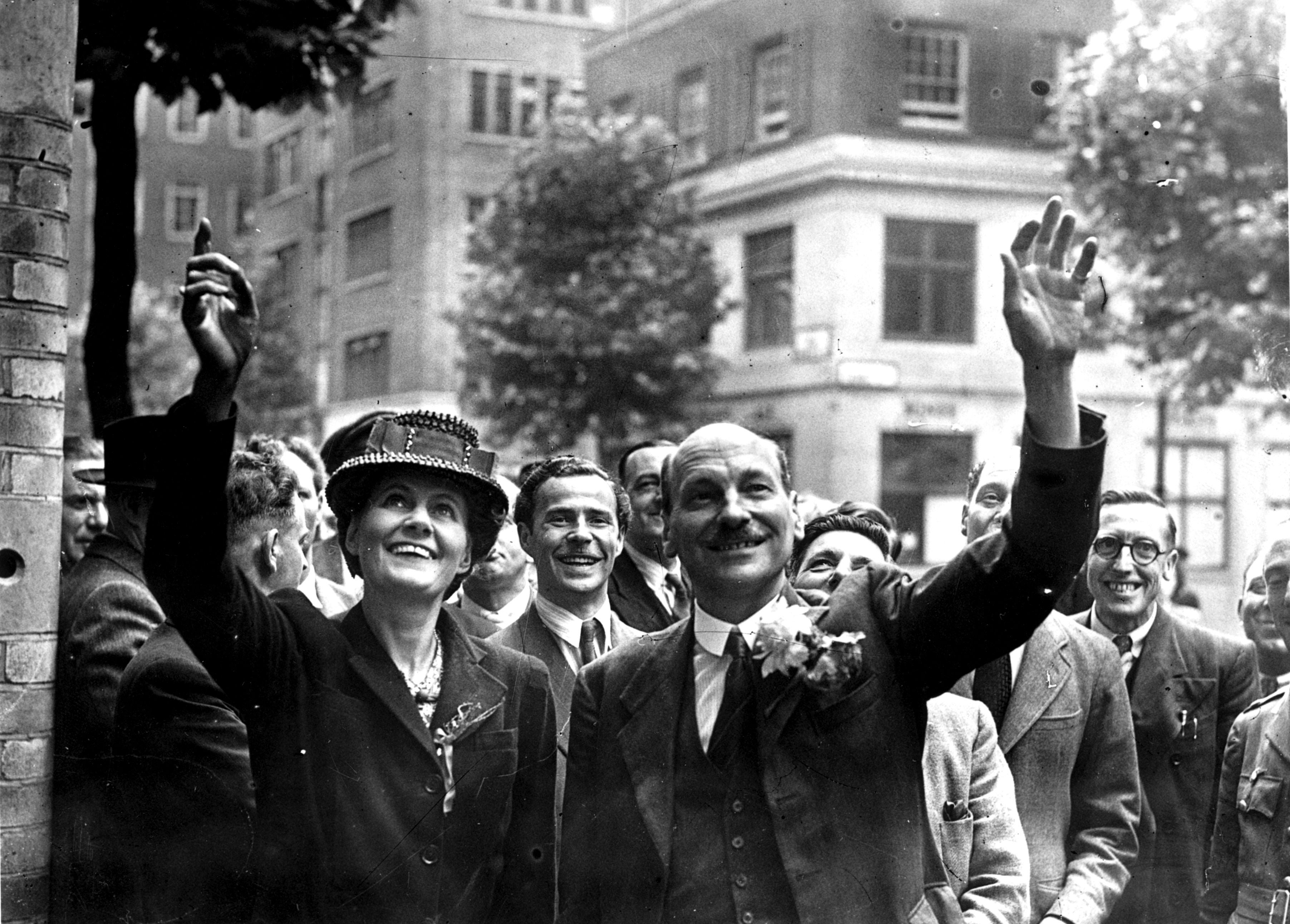
Britain changed prime minister twice during the Second World War: Neville Chamberlain was famously ousted in 1940 by Winston Churchill after his government majority was cut in a no-confidence vote following a debate on the Nazi invasion of Norway. Churchill himself was ousted by Labour before the war was officially over at the 1945 general election, which took place in July 1945, at the tail end of the conflict.
Korean War (1950 - 1953)
Britain sent 14,000 troops to fight in the Korean War, which began in 1951. But in 1951 Winston Churchill made a political comeback, winning more seats (though not votes) than Labour's Clement Attlee and ousting him as prime minister.
Gulf War (1990 - 1991)
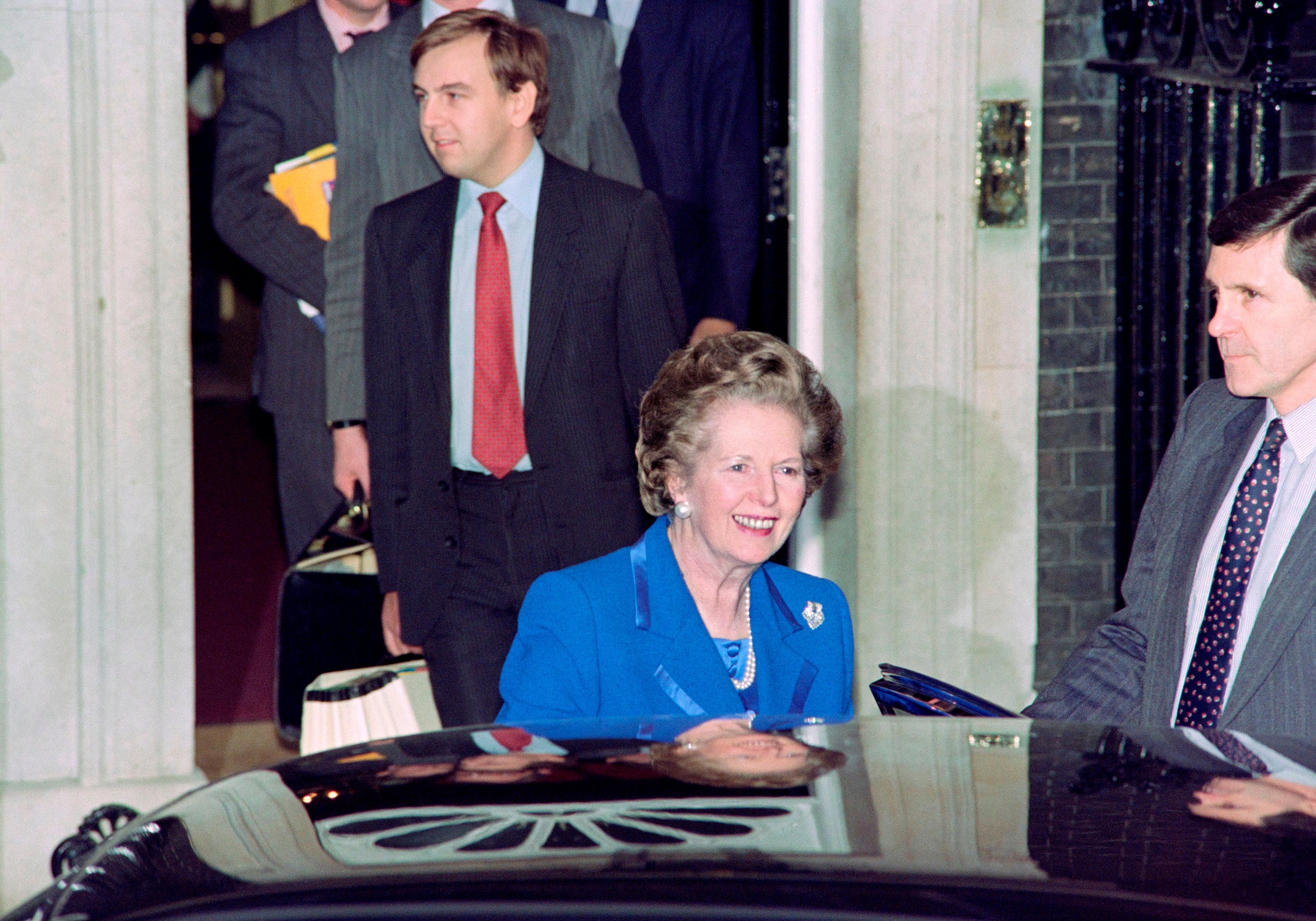
Britain had droops on the ground during the Gulf War, back at home the Conservatives were arguing over Europe. Margaret Thatcher was ousted in November 1990, leaving Downing Street in tears, to be replaced by John Major.
War in Afghanistan (2001 - 2021)
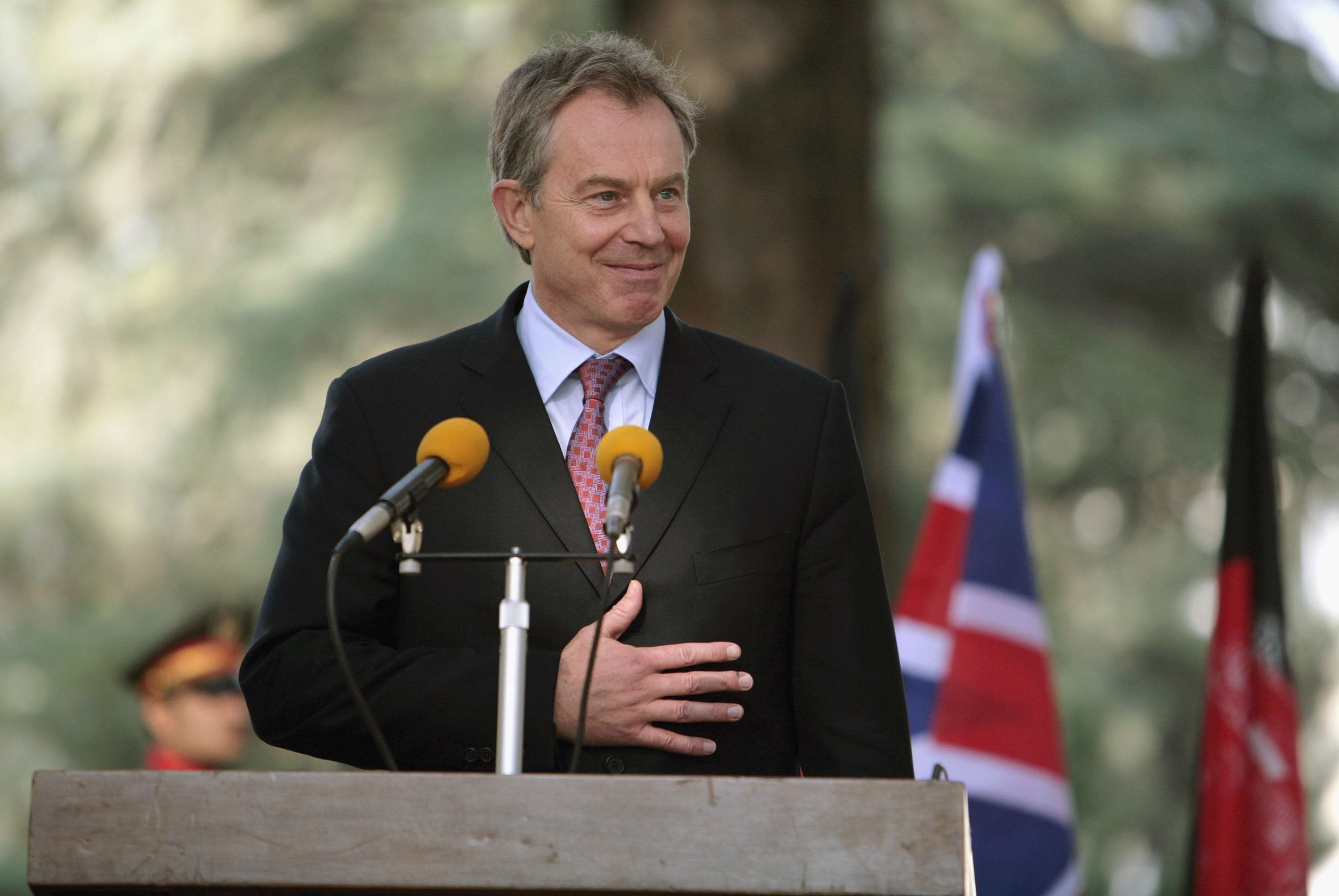
The twenty year conflict in Afghanistan saw several changes of prime minister: Tony Blair, who launched the war, gave way to Gordon Brown, who gave way to David Cameron, who was replaced by Theresa May, who was replaced by Boris Johnson. On 8 July 2021, around the time staff were partying in Downing Street against lockdown rules, Mr Johnson confirmed that nearly all UK forces had left Afghanistan.







